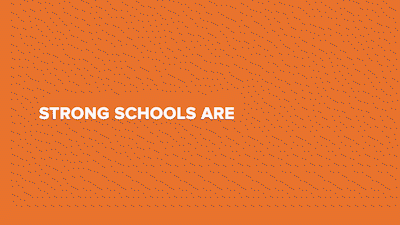In Australia, women’s presence in data is often cause for concern - for example, the way that women are monitored and controlled by the government when receiving welfare or attempting to collect child support; experiences magnified for Indigenous women. Their data invisibility can also be worrying; for example, when the time use survey dropped off in 2006 or when CALD women (and men) are excluded from mental health research. Data collection and use can create trauma, disadvantage and marginalisation; alternately divergent experiences are rendered invisible when data is not collected to tell silenced stories. In today’s analysis, the use and abuse of data gets the gender treatment from Marika Cifor (@marika_louise) and Patricia Garcia (@thebigfiveone). Together they led a workshop that created a “Manifest-No” which details both the harms and potential of data collection from a feminist and intersectional perspective. In today’s analysis they provide a rationale as well as a summary of main points; read the entire Manifest-No here, and find more information on the Manifest-No here.
Read MoreIt’s a term widely used by politicians, educators, and the media in the UK to describe Black, Asian and Minority Ethnic groups – but we need to be wary of using ‘BAME’, especially within a public health context. Dr Sandhya Duggal draws on her doctoral research to reflect on some of the key issues associated with the term ‘BAME’, with reference to the Indian Punajabi community. Her work highlights two key recommendations – the importance of recognising heterogeneity and multi-generational differences – something ‘BAME’ fails to acknowledge.
Read MoreThe Education Equity Coalition, under the auspices of VCOSS, has recently launched the Stronger Schools campaign. This coalition comprises a range of social service, youth, and education agencies, and has collaborated to create an action plan for inclusive education. The eight components that make up the platform are designed to address holistic, comprehensive support that will support all children and young people to stay engaged in education.
In today’s blog post, Jessie Mitchell from the Youth Affairs Council Victoria (@YACVic) explains why YACVic supports the Stronger Schools campaign, and how the community sector can support schools to keep children and young people engaged. This blog post originally appeared on the YACVic web site, and can be found here.
Read MoreWayne Herbert is a disability professional, LBGTIQ activist and author. This is a lightly edited version of his speech given at TedX Canberra (2017) and to be given at the 2018 Canadian Association of Supported Employment Conference, explaining his experiences navigating life as a self-proclaimed ‘disabled gay’
Read MoreWhat links flexible work, flexible thought, and diversity? Sue Williamson, Senior Lecturer of Human Resource Management at UNSW Canberra's School of Business explains these interlinking concepts in this repost from Government News.
Read More





